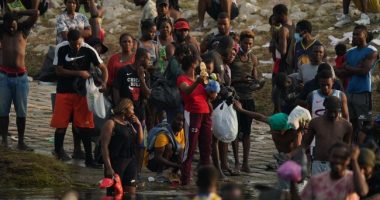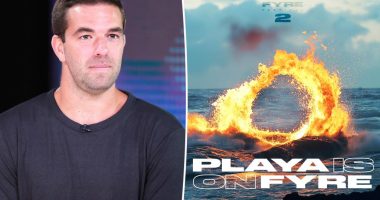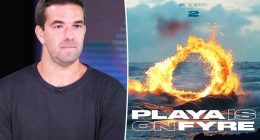WARNING: Aboriginal and Torres Strait Islander readers are advised that this article contains an image of a person who has died, which has been used with the permission of his family.
An inquest into the Warlpiri man’s death has been repeatedly disrupted by a legal stoush about whether the 31-year-old officer has the legal right to refuse to provide evidence to the coroner and the court’s ability to compel him to do so.

Coroner Elisabeth Armitage previously determined that witnesses cannot decline to answer questions by invoking the penalty privilege, which Rolfe did when appeared at the inquest in November.
She said penalty privilege was extinguished by the NT Coroner’s Act Section 38, which allows the coroner to compel a witness to give evidence that could incriminate them and for the provision of an immunity certificate from prosecution after doing so.
Rolfe’s legal team disagreed and took the matter to the Supreme Court for judicial review last month.

It said the certificate would not protect him from internal police disciplinary proceedings potentially stemming from his evidence, and Section 38 does not abolish penalty privilege and it remains available to him as a common law right.
But Justice Judith Kelly disagreed.
Read Related Also: Men charged with looting from crime scene where police officers were shot dead
In a judgment released on Thursday, she said “penalty privilege is not available in a coronial inquest under the Act”.
The effect of the ruling is that Armitage should now be able to compel Rolfe to answer uncomfortable questions about racist text messages that the inquest was told he sent.
He is also likely to be asked about the night he killed Walker and his alleged misuse of police body-worn cameras, excessive use of force and falsified NT police recruitment application.
All told, there are 14 categories of evidence Rolfe could be forced to answer questions about, including nine incidents related to investigations over his use of force on the job.
A jury found him not guilty in March of murdering Walker, causing outrage in the Indigenous man’s grieving community, along with hopes that the inquest would provide answers where the trial had failed.
The inquest continues on February 27.








